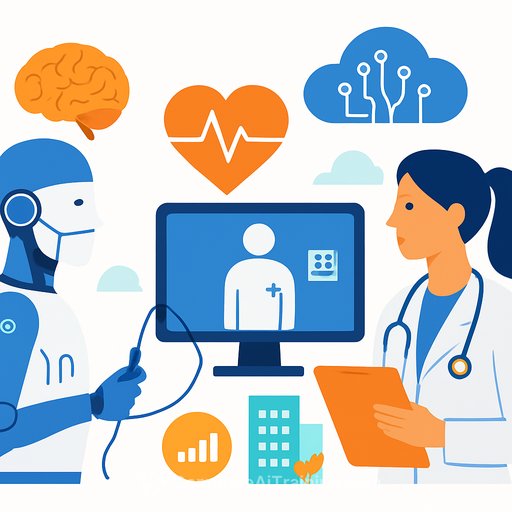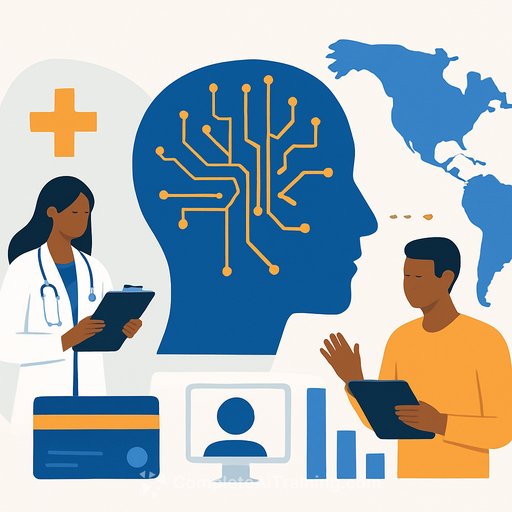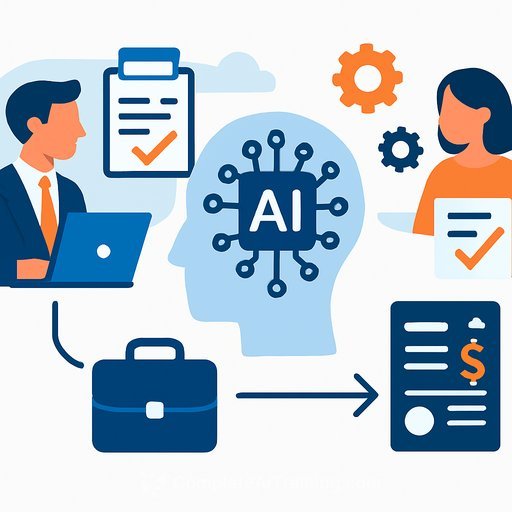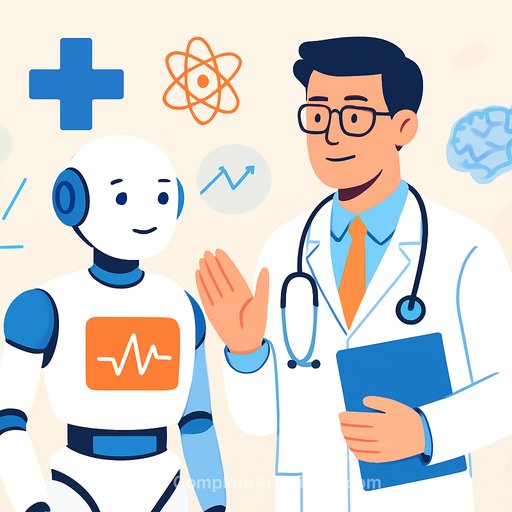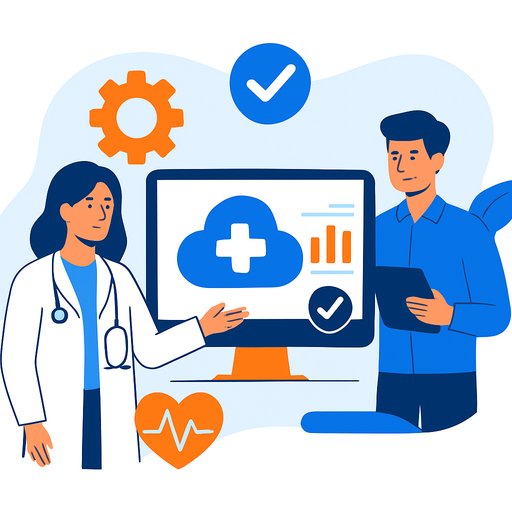AI sets a new course for healthcare, says Peking University leader
At the Beijing Forum on Saturday, Liu Xiaoguang - vice president of Peking University Health Science Center and president of Peking University International Hospital - framed AI as a clear inflection point for medicine. "Artificial intelligence (AI) represents a 'fourth industrial revolution,' transforming the medical field," he said.
From treatment-first to life-cycle health
"AI and big data are driving a shift from treatment-centered care to a full life-cycle approach that integrates prevention, therapy, rehabilitation and long-term health management," he said. For frontline teams, this means earlier risk detection, tighter continuity between settings, and fewer gaps after discharge.
Make it real by linking predictive models with outreach protocols, remote monitoring, and clear handoffs between primary care, specialty clinics, rehab, and community support.
Safer, more precise surgery
"AI is improving surgical safety through advances in precision and minimally invasive technologies, making procedures more accurate and efficient," Liu noted. Expect gains in pre-op planning, intra-op guidance, and post-op surveillance-especially for high-risk patients.
Patients informed beyond hospital walls
"Beyond hospitals, intelligent systems are empowering patients and families with health and rehabilitation knowledge, reducing their reliance on medical institutions." With vetted content and clinical oversight, this can cut avoidable visits and improve adherence.
Population data that informs policy
"AI enables the large-scale collection and analysis of health data, helping policymakers better understand and enhance public well-being - achievements that would be impossible through traditional methods." Health systems can apply de-identified datasets, common data models, and secure sharing to guide resource allocation and quality improvement.
What healthcare teams can do now
- Pick 2-3 use cases with clear ROI: imaging triage, sepsis early warning, readmission risk, OR scheduling, or no-show prediction.
- Create a clinical and data governance group to vet models, set approval criteria, and monitor safety.
- Require external evidence and run local validation; track calibration, drift, and alert fatigue over time.
- Keep clinicians in the loop with clear recommendations, rationale, and simple override options.
- Invest in data quality: mapping, missingness checks, and feedback to source systems.
- Address safety, privacy, and fairness: PHI safeguards, bias audits, audit trails, and incident response.
- Integrate into workflow: EHR hooks, single sign-on, routing to the right team, and minimal click burden.
- Define success metrics before rollout: clinical outcomes, time saved, cost per case, and patient-reported measures.
- Start with a small pilot, then scale with change management, training, and regular review.
Helpful resources
WHO: Ethics and governance of AI for health
FDA: AI/ML Software as a Medical Device
If your team is building skills for practical deployment, a structured curriculum can speed things up.
Your membership also unlocks:

